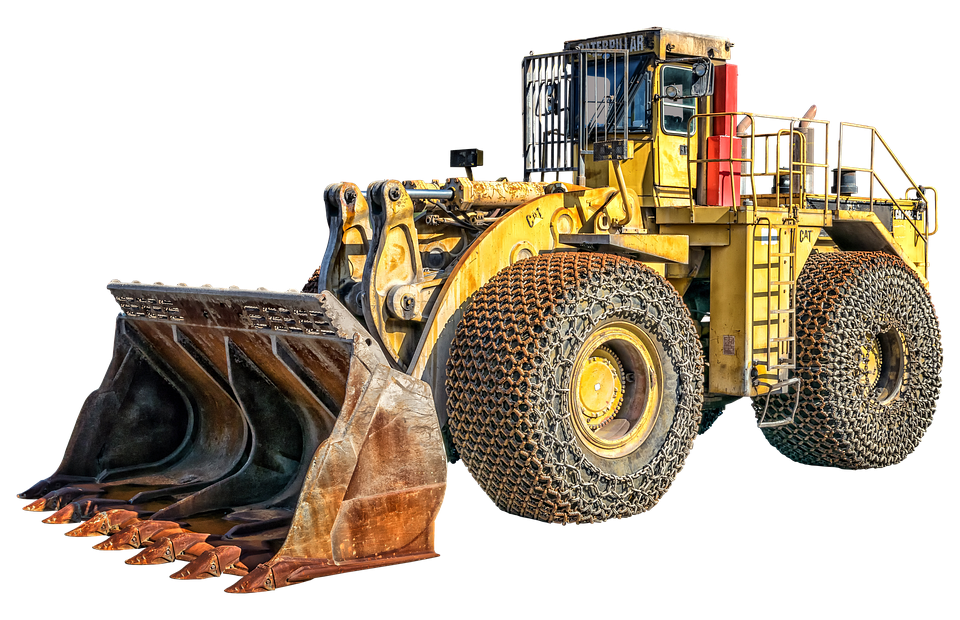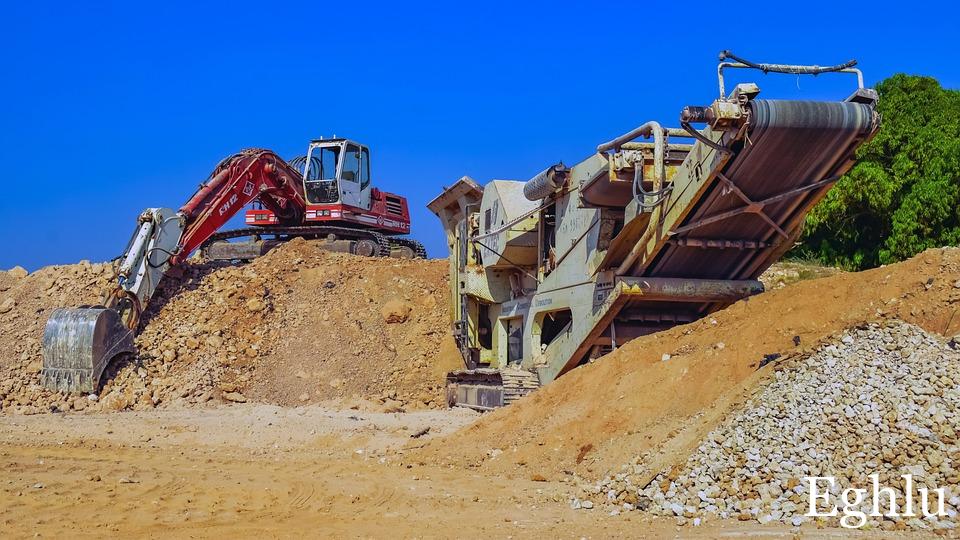17 Essential Tips for Renting a Front End Loader: Expert Guide for Smooth Operations
Introduction
When it comes to construction projects, having the right equipment is crucial for ensuring smooth operations and timely completion. Front end loaders are powerful machines that can make a big difference in your project’s efficiency. However, before you rent a front end loader, there are several key factors to consider to ensure you get the most out of your rental. In this comprehensive guide, we will provide you with 17 essential tips for renting a front end loader, helping you navigate the rental process with ease.
1. Determine Your Project Needs
Before you start looking for a front end loader rental, it’s important to assess your project needs. Consider the size of the job site, the type of materials you will be moving, and any specific requirements you may have. This will help you determine the size and capacity of the front end loader you need to rent.
2. Research Rental Companies
Not all rental companies are created equal, so it’s important to do your research before choosing one. Look for companies that have a good reputation, offer a wide range of equipment options, and provide excellent customer service. Reading online reviews and asking for recommendations from other contractors can help you find a reliable rental company.
3. Check the Equipment Condition
Before renting a front end loader, make sure to inspect the equipment thoroughly. Check for any signs of damage, wear and tear, or maintenance issues. It’s important to rent a front end loader that is in good condition to avoid any downtime or safety hazards during your project.
4. Verify Insurance Coverage
It’s crucial to verify that the rental company has adequate insurance coverage for the front end loader you are renting. Make sure to ask for proof of insurance before signing any rental agreement. This will help protect you in case of any accidents or damages during the rental period.
5. Understand Rental Terms and Conditions
Before signing a rental agreement, take the time to read and understand the terms and conditions. Pay attention to details such as rental duration, payment terms, delivery and pickup charges, and any additional fees. Make sure you are clear on all aspects of the rental agreement to avoid any surprises later on.
6. Consider Rental Rates and Budget
Compare rental rates from different companies to ensure you are getting a fair price for the front end loader rental. Keep your budget in mind and factor in any additional costs such as fuel, maintenance, and insurance. It’s important to balance cost with quality to ensure a smooth and efficient rental experience.
7. Determine the Right Size and Capacity
Choosing the right size and capacity of the front end loader is crucial for the success of your project. Consider the amount of material you will be moving, the height and reach required, and the terrain of the job site. Renting a front end loader that is too small or too big can impact the efficiency and safety of your project.
8. Get Operator Training and Certification
If you or your team members will be operating the front end loader, make sure to have the necessary training and certification. Proper operator training is essential for ensuring safe and efficient operation of the equipment. Some rental companies may offer training programs or assistance in obtaining certification.
9. Plan for Maintenance and Repairs
Even if you rent a front end loader in good condition, it’s important to plan for maintenance and repairs during the rental period. Make sure to follow the manufacturer’s maintenance guidelines and schedule regular inspections to keep the equipment running smoothly. Have a contingency plan in place in case of any unexpected breakdowns.
10. Consider Attachments and Accessories
Depending on your project requirements, you may need to rent additional attachments and accessories for the front end loader. Consider options such as buckets, forks, grapples, and snow plows to enhance the versatility and efficiency of the equipment. Make sure to discuss your needs with the rental company to find the right attachments for your project.
11. Ensure Proper Transportation and Delivery
When renting a front end loader, make sure to arrange for proper transportation and delivery to the job site. Consider factors such as access, terrain, and any special requirements for loading and unloading the equipment. Clear communication with the rental company is key to ensuring a smooth delivery process.
12. Follow Safety Guidelines and Regulations
Safety should always be a top priority when operating heavy equipment such as front end loaders. Make sure to follow all safety guidelines and regulations set forth by the rental company and local authorities. Proper safety equipment, such as hard hats, gloves, and safety vests, should be worn at all times when operating the equipment.
13. Monitor Fuel Consumption and Usage
Keep track of fuel consumption and usage during the rental period to ensure you are maximizing the efficiency of the front end loader. Optimal fuel management can help reduce costs and increase productivity on the job site. Consider factors such as idle time, load capacity, and travel distance when monitoring fuel consumption.
14. Communicate with Rental Company
Maintaining open communication with the rental company throughout the rental period is crucial for addressing any issues or concerns that may arise. Make sure to report any equipment malfunctions, damages, or maintenance needs as soon as possible. The rental company should be responsive and proactive in addressing your concerns.
15. Keep Detailed Records and Documentation
It’s important to keep detailed records and documentation of the front end loader rental for future reference. This includes rental agreements, maintenance logs, inspection reports, and any communication with the rental company. Keeping organized records can help you track expenses, monitor equipment performance, and address any disputes that may arise.
16. Return the Equipment on Time and in Good Condition17. Ask for Feedback and Review
After completing the front end loader rental, ask for feedback from your team members and the rental company. Review the rental experience to identify any areas for improvement and provide constructive feedback to the rental company. This can help both parties enhance the rental process and build a stronger working relationship for future projects.
Conclusion
Renting a front end loader can greatly benefit your construction project, but it requires careful planning and consideration to ensure a successful rental experience. By following these 17 essential tips, you can navigate the rental process with confidence and make the most out of your front end loader rental. Whether you are a seasoned contractor or a first-time renter, these expert guidelines will help you achieve smooth operations and efficiency on your job site. Remember to prioritize safety, communication, and proper maintenance throughout the rental period to maximize the effectiveness of the equipment and achieve your project goals.
[wpcode id=”1079″]

